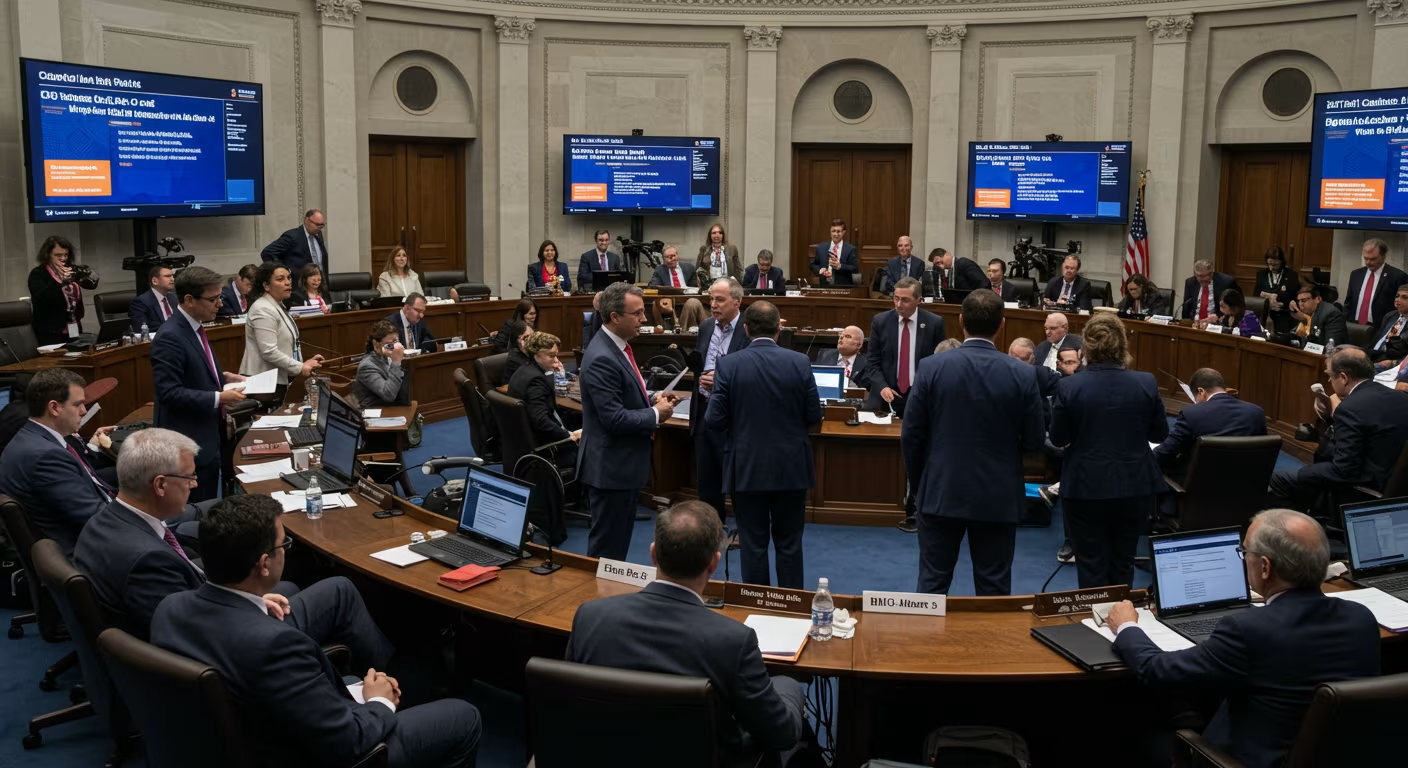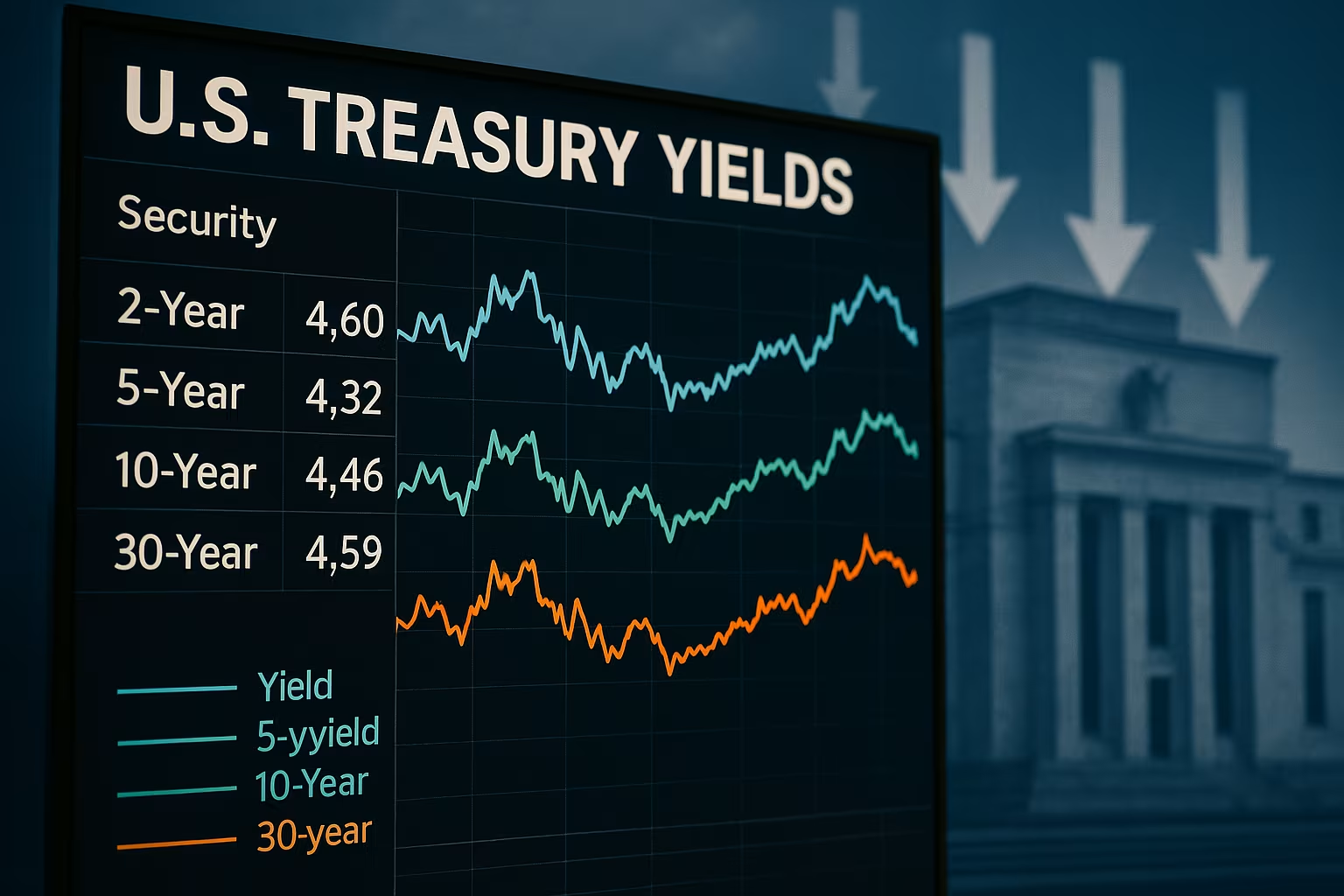In what’s being dubbed as “Crypto Week” on Capitol Hill, the U.S. House of Representatives is witnessing an unprecedented flurry of digital asset legislation. Following the recent passage of the GENIUS Stablecoin Act, two more high-impact bills—the Clarity for Digital Tokens Act and an Anti-CBDC (Central Bank Digital Currency) Authorization Bill—have officially made their way to the House floor.
This legislative momentum marks a pivotal moment in the United States’ approach to cryptocurrency and digital finance. For years, the lack of comprehensive federal guidance has left investors, builders, and financial institutions operating in a fog of uncertainty. But with this wave of bills—each addressing a unique aspect of the crypto ecosystem—Congress appears committed to providing regulatory clarity, innovation safeguards, and civil liberty protections.
Here’s what these three bills aim to accomplish, why they matter now, and how they could collectively reshape the digital asset landscape in the U.S.
1. GENIUS Act: Stablecoin Regulation Gets Real
Already passed with bipartisan support, the GENIUS (Guidelines for Enhancing National Innovation in U.S. Stablecoins) Act creates a regulatory framework for payment stablecoins, which are cryptocurrencies pegged to the U.S. dollar and used primarily for transactions, savings, and settlement.
Under the act, qualified issuers—designated as Qualified Digital Payment Institutions (QDPIs)—must:
- Maintain 1:1 backing of stablecoins with high-quality liquid assets
- Undergo monthly audits and public reporting
- Offer redemption guarantees for consumers
- Comply with anti-money laundering (AML) and cybersecurity standards
The GENIUS Act was celebrated by stablecoin leaders like Circle and Paxos, both of which are expected to apply for federal licensing under the new framework. Lawmakers supporting the bill say it balances innovation with systemic safety, and it gives the U.S. a global leadership edge in digital dollar development—without resorting to a retail CBDC.
2. The Clarity Act: Token Projects Get a Legal Pathway
Introduced by a bipartisan group led by Rep. Patrick McHenry and Rep. Ro Khanna, the Clarity for Digital Tokens Act proposes a “safe harbor” structure for emerging crypto projects. The goal? To enable legitimate token-based ventures to launch and grow within clear legal guardrails, avoiding the constant threat of retroactive SEC enforcement.
The Clarity Act offers:
- A three-year grace period for token projects to reach sufficient decentralization
- Light disclosure requirements to inform users and investors
- Criteria for determining whether a token is a security, commodity, or utility
- A formal registration process with the SEC and CFTC, depending on asset classification
- Definitions for “network maturity” and decentralized governance thresholds
This bill responds directly to the controversy surrounding the SEC’s enforcement actions against projects like Ripple, LBRY, and dozens of decentralized applications. Crypto developers and investors have long called for legislation that allows innovation without fear of legal overreach.
By introducing a clear path to compliance, the Clarity Act seeks to catalyze responsible Web3 growth and prevent talent flight to overseas jurisdictions.
3. Anti-CBDC Bill: Defending Financial Privacy
Perhaps the most politically charged of the three bills is the Anti-CBDC Authorization Act, which aims to ban the Federal Reserve from issuing a retail central bank digital currency (CBDC) directly to Americans.
Led by lawmakers wary of government overreach, the bill argues that a Fed-controlled CBDC could pose major risks to financial freedom, privacy, and civil liberties. It prohibits:
- The use of a CBDC for surveillance of consumer transactions
- Direct Fed issuance of digital wallets to the public
- Programmable currency features that could restrict spending
Proponents, including members of the House Freedom Caucus and some progressive privacy advocates, view the bill as a necessary bulwark against the “China model” of state-controlled digital money.
While the Fed has repeatedly stated it has no plans to issue a retail CBDC without congressional approval, the bill codifies that stance into law. It also sends a strong message that private-sector innovation, not government-controlled digital money, will drive America’s digital finance future.
Why Now? A Convergence of Politics, Technology, and Demand
The arrival of all three bills in the same legislative window is no coincidence. Several key developments have converged:
- Market recovery and renewed investor interest have brought crypto back into focus
- Global regulatory competition, especially with the EU’s MiCA framework, has pressured the U.S. to act
- Rising demand for tokenization and on-chain settlement has created urgency for legal clarity
- Public sentiment is increasingly supportive of transparent, innovation-friendly regulation
- Lawmakers from both parties see crypto as a strategic issue—not just a financial one
According to congressional staff, this “Crypto Week” on the House floor is intended to fast-track a unified digital asset framework before the 2025 election cycle, which could shift priorities depending on the White House outcome.
Implications for the Industry
If passed together, the GENIUS Act, Clarity Act, and Anti-CBDC Bill could establish the most comprehensive U.S. crypto policy framework to date. They would:
- Legitimize stablecoins as a legal form of digital payment
- Provide safe regulatory routes for token launches and decentralized networks
- Reinforce constitutional protections in the digital money era
- Promote institutional adoption through legal certainty
- Reduce regulatory arbitrage and innovation flight
Major exchanges, wallet providers, and fintech firms have already expressed support. Venture capital interest in token projects is also expected to increase as legal risk is reduced.
What Comes Next? Senate Review and Amendments
All three bills will now face scrutiny in the Senate, where they may be amended, combined, or delayed depending on committee leadership and lobbying efforts. The GENIUS Act is considered the most likely to pass first, given its bipartisan backing and support from financial regulators.
However, analysts note that with growing momentum and public awareness, the chances of at least partial passage for the Clarity and Anti-CBDC bills are higher than ever. Advocacy groups are planning campaigns to push for Senate votes before year-end.
A Historic Week for Crypto Regulation
Crypto Week on Capitol Hill could mark a turning point for the digital asset economy in the United States. By advancing a suite of well-crafted, complementary bills, lawmakers are laying the groundwork for a financial system that is more transparent, secure, and innovation-ready—without sacrificing privacy or individual freedoms.
As the global race to define crypto regulation intensifies, the U.S. is signaling that it intends not just to participate—but to lead.





